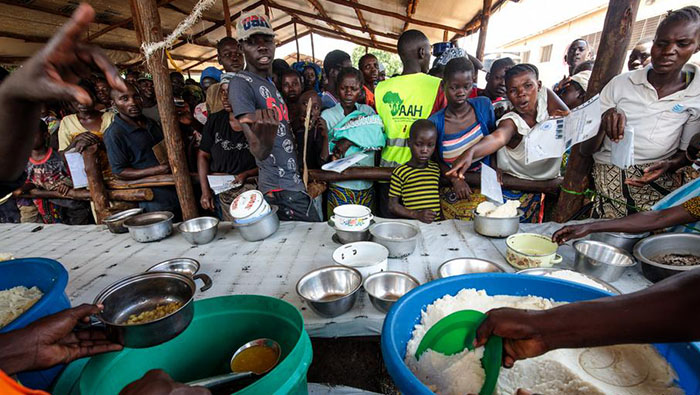
Geneva: Defending human rights is Hamado Dipama's passion. It's something he's been committed to every day since he fled politically motivated violence in his home country, Burkina Faso.
Twenty years ago, as a young student, Dipama joined protests against the dictatorship of Blaise Compaore, who ruled Bukina Faso with an iron fist for 27 years until he was swept from power following a popular uprising in 2014.
Dipama eventually ended up in Munich, the regional capital of Bavaria in southern Germany.
"When I was fleeing, I wasn't aware of the Geneva Refugee Convention," Dipama told DW in an interview. "It's not something that's talked about in the Global South; people there have little information about it."
But when he arrived in Europe, Dipama was confronted with the realities of the convention and how it provided refuge for some — but not others.
"Why do certain people get protection and I don't, even though I could demonstrate everything about my situation in Burkina Faso?" said Dipama, who held a "tolerated stay" permit for his first nine years in Germany.
This barred him from regular employment, moving freely within the country and accessing most welfare programmes.
The Geneva Refugee Convention (formally known as the "Convention and protocol relating to the status of refugees") is an indispensable foundation of international refugee protection.
It defines who is a refugee and what rights — and obligations — they have. People are entitled to refugee status if they have left their country because of a "well-founded fear of being persecuted for reasons of race, religion, nationality, membership of a particular social group or political opinion," according to the original wording.
In the aftermath of World War II and in the face of growing political tensions between East and West, the United Nations adopted the convention in Geneva in 1951.
Initially, it was limited to protecting mainly European refugees immediately after World War II. To reflect the changing situation worldwide, a 1967 protocol expanded the convention's scope.
Some 149 states have signed one or both of the conventions.